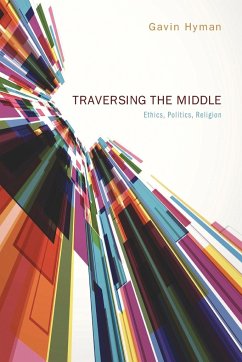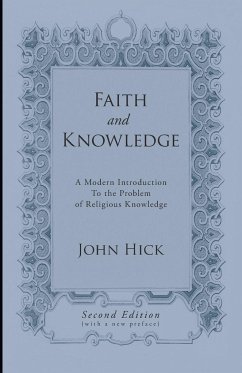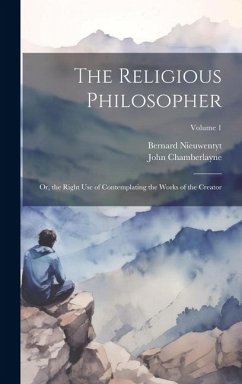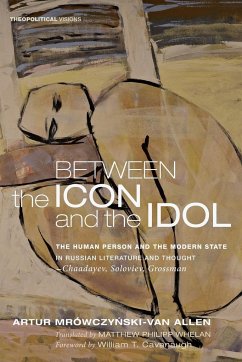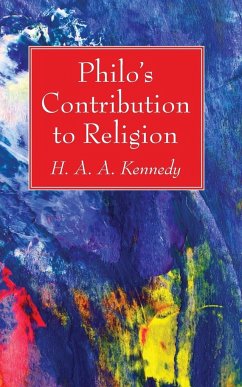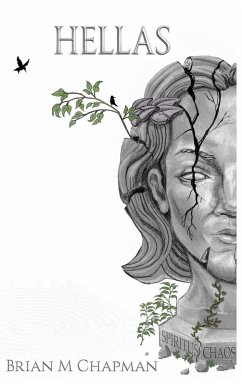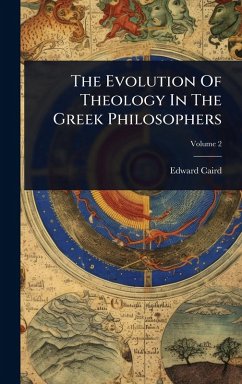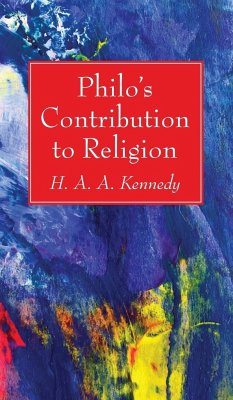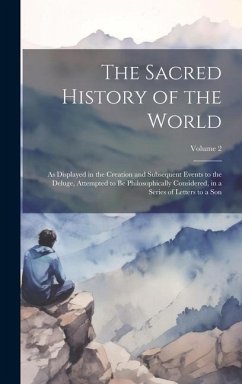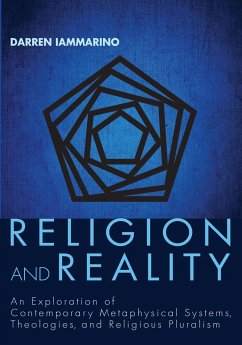
Religion and Reality
Versandkostenfrei!
Versandfertig in 1-2 Wochen
30,99 €
inkl. MwSt.
Weitere Ausgaben:

PAYBACK Punkte
15 °P sammeln!
This book argues for the reality of multiple religious ultimates rather than just one. This entails that all the religions are not the same; they describe different religious objects, and they each provide unique forms of salvation. The immediate advantage of this approach is that it explains how all religions are equally valid without glossing over the real differences that define them. Put differently, each religion has correctly identified a piece of the puzzle that makes up Ultimate Reality. There is, however, a limit to the plurality, and thus five distinct religious ultimates are identif...
This book argues for the reality of multiple religious ultimates rather than just one. This entails that all the religions are not the same; they describe different religious objects, and they each provide unique forms of salvation. The immediate advantage of this approach is that it explains how all religions are equally valid without glossing over the real differences that define them. Put differently, each religion has correctly identified a piece of the puzzle that makes up Ultimate Reality. There is, however, a limit to the plurality, and thus five distinct religious ultimates are identified: the Forms, God, A World, Creativity, and the Receptacle. One or two of these five ultimates are found within all of the world's religions, as evidenced by religious scriptures and religious experiences. Based upon these five religious ultimates, this book puts forth a novel philosophical and religious system: cosmosyntheism, a word emphasizing the likelihood that in the beginning, there was more than just God. Quite possibly, there may have been five ultimates, each sacred in its own way, none of which could have existed without the reality of the others.




